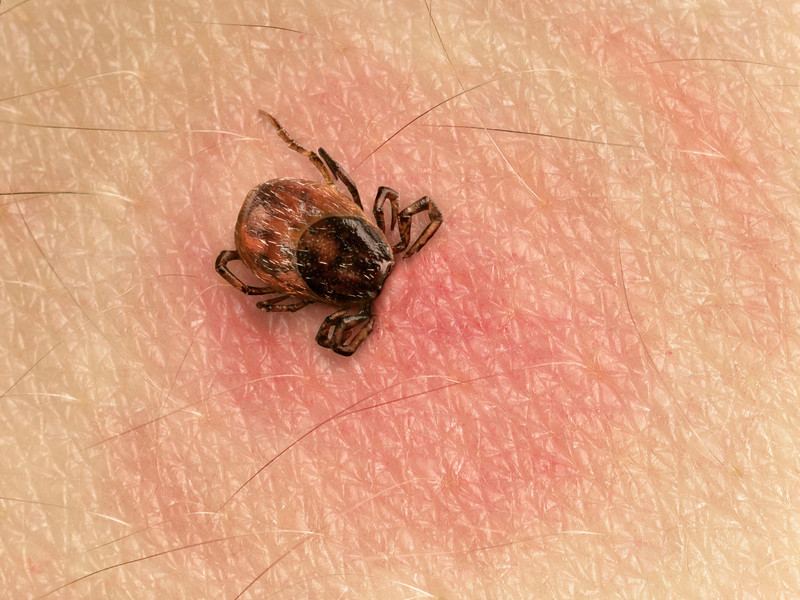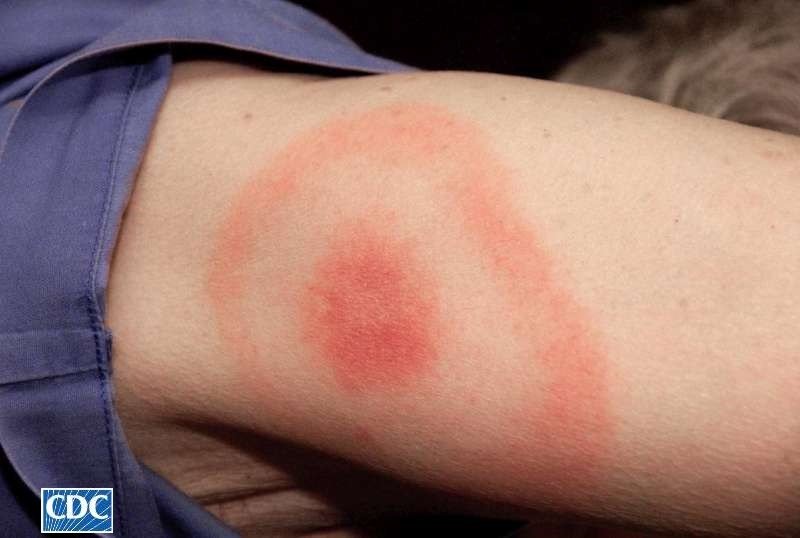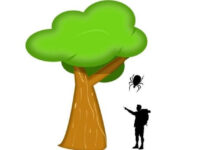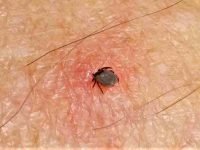Is every tick bite dangerous? Does every tick bite make me sick? What are the Symptoms of a tick-transmitted disease? The most important answers about when to worry about a tick bite.
Ticks lurk in the undergrowth in the forest, in grasslands, and bushes, but also in our gardens around our homes. Diseases transmitted by ticks are a danger to anyone who is active outdoors. Tick protection is important and can be effective when precautions are observed. Still, there is no 100% being save from tick bites. So when you are bitten you need to know what symptoms to look for and when to worry about a tick bite.
When to worry about a tick bite?
The bite of a tick may become more than just a small bite wound if it gets infected or worse if the tick transmits bacteria that cause Lyme disease or another tick-borne disease.
If you respond appropriately to a tick bite, you minimize the risk of contracting a serious illness. It is particularly important to remove the tick quickly and completely.
Which diseases are transmitted by ticks?
There are several other viral diseases that can be transmitted by tick bites. They are very dangerous and can sometimes fatal.

(c) Can Stock Photo / Smileus
Symptoms of infection after a tick bite – go and see a doctor!
- Fatigue,
- A headache,
- Fever,
- Muscle aches
- Lymph node swelling
- Conjunctivitis
If the above symptoms appear a couple of days after a tick bite, there is a risk of having a tick-transmitted disease contracted. Patients should then seek immediate medical attention.
After a tick bite – Remove the tick as soon as possible
Early removal is crucial to reduce the risk of infection as it takes about 24 to 48 hours to transfer pathogens from the tick’s intestines into the human bloodstream.
Observation of the bite site
After removal of the tick regularly check the skin around the bite site. If a red ring appears around the bite, or redness appears anywhere on your body you may be infected with Lyme disease. Go and see your doctor. Also consult your doctor on the occurrence of fever, headaches, or muscle and joint pain.
To sum it up, when to worry about a tick bite
- Remove the tick as soon as possible and correctly (without squeezing the tick’s body).
- The bite site may be a little red. This can be a normal skin reaction to the bite. It should disappear after a couple of days.
- Signs of a tick-borne infection occur at the earliest 7 days after the sting. So monitor the bite site and your body for symptoms.
- Not all tick bites will result in a tick-transmitted disease. Only 4% of tick bites lead to infection!
- If symptoms appear after a couple of days, do not panic! See your doctor!
- Lyme disease almost always begins with a redness (migrans) at the bite site. This occurs at the earliest after seven days and is then at least 4 inches wide. The redness slowly grows. In rare cases, the infection starts with flu-like symptoms and muscle aches after 1 to 2 weeks. See your doctor! When recognized early, Lyme disease can in most cases be successfully treated with antibiotics.
- Diseases transmitted by viruses show symptoms after about a week. If you show any symptoms see your doctor.



